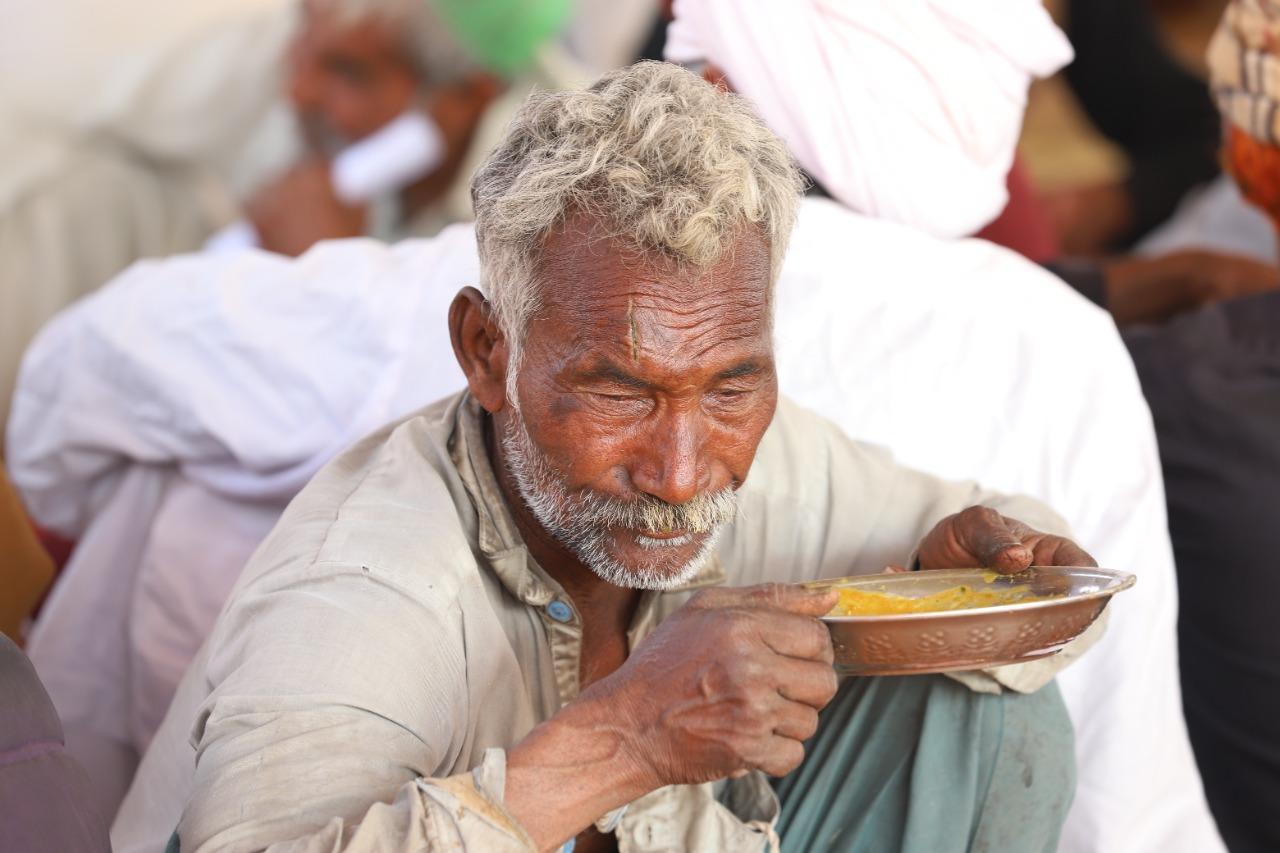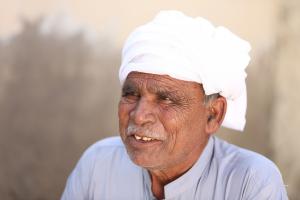
Every Muslim has to know the differences between Zakat and Zakat al-Fitr. Although these are ways for Muslims to donate to charity, they have different legal interpretations and serve different goals. This brief but useful manual will enable you to better complete your Islamic requirements by helping you to grasp your obligations for both kinds of charity donations.
What is Zakat?
One of the Five Pillars of Islam is zakat, which means that all Muslims who meet certain income requirements must give it. Giving 2.5% of your allowable wealth to people in need is what this yearly charity asks. We can clean up our wealth this way, and it helps make society more fair. People who are poor, in need, travelling and having trouble, and those who are in debt can all get Zakat. To be eligible to offer Zakat, a Muslim must have had more than the nisab (minimum quantity of money) for one lunar year. By letting individuals who are lucky enough to have money share it with those who are less fortunate, this approach generates a cycle of community help.
What is Zakat al-Fitr?
Zakat al-Fitr, also known as Fitrana, is a special form of charity given at the end of Ramadan. Regardless of age or wealth, every Muslim must pay this charity before the Eid al-Fitr prayer. Unlike ordinary Zakat, it is calculated as a set sum depending on the cost of one meal in the community you live in. Zakat al-Fitr is mostly meant to make sure nobody goes hungry during the happy Eid celebration. This charity lets others less fortunate share in the festivities and helps us purify our fast from any flaws. It encourages empathy and community support, therefore capturing the essence of Ramadan.
Key Differences Between Zakat and Zakat al-Fitr
The main distinction lies in their timing and calculation. Zakat can be paid at any time during the year and is based on a percentage of wealth, while Zakat al-Fitr must be paid before Eid prayer and is a fixed amount per person. The purpose also differs significantly. While zakat al-fitr guarantees everyone can enjoy the celebrations of Eid, zakat concentrates on wealth transfer and long-term poverty reduction. Also, those who donate and those who get Zakat have specific criteria to satisfy. Every Muslim able to afford it has to provide Zakat al-Fitr.
Why Fulfilling Zakat and Zakat al-Fitr is Essential
Fighting poverty and strengthening the Muslim community depends critically on both kinds of giving. When we meet these responsibilities, we not only obey Allah's will but also assist to bring about positive change in our country. Together, zakat and zakat al-fitr offer people in need both quick assistance and long-term support. Reminding us that everyone of us is responsible for ensuring the welfare of others, they aid our societies to develop unity and compassion.
How to Calculate Zakat and Zakat al-Fitr
Calculating your Zakat and Zakat al-Fitr is straightforward with our online tools. For Zakat, use our Zakat calculator to determine 2.5% of your eligible wealth, including savings, investments, and business assets. For Zakat al-Fitr, simply multiply the current fixed rate (£5) by the number of family members.
Our website provides up-to-date rates and guidance to ensure accurate calculations.
Fulfill Your Zakat Obligations Today
People's life are actually changed by your kind donations through Al Mustafa Welfare Trust. Your Zakat and Zakat al-Fitr produce long-lasting change whether you are funding educational projects, supporting our emergency relief programs, or enabling communities in need to have clean water. Do not wait to take care of these important duties. Donate now through our safe online site so that we can keep doing our important work helping people all over the world.





